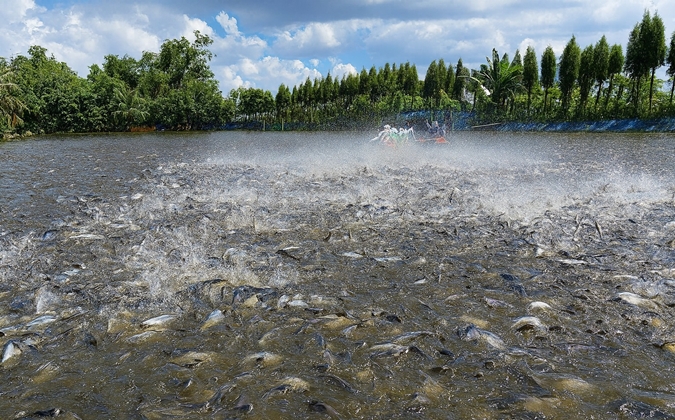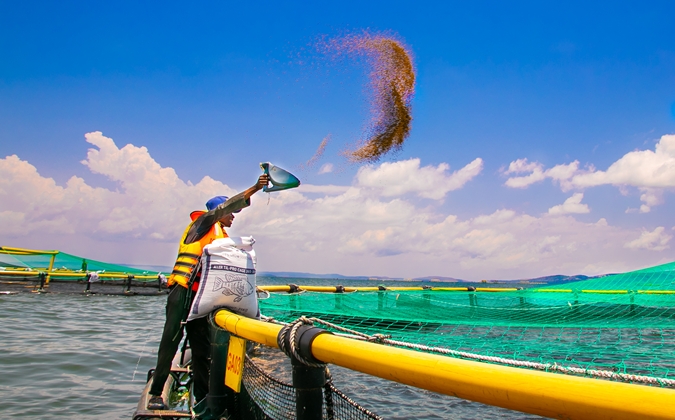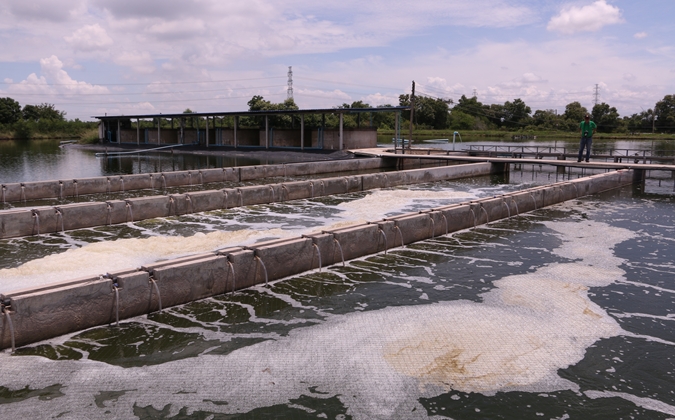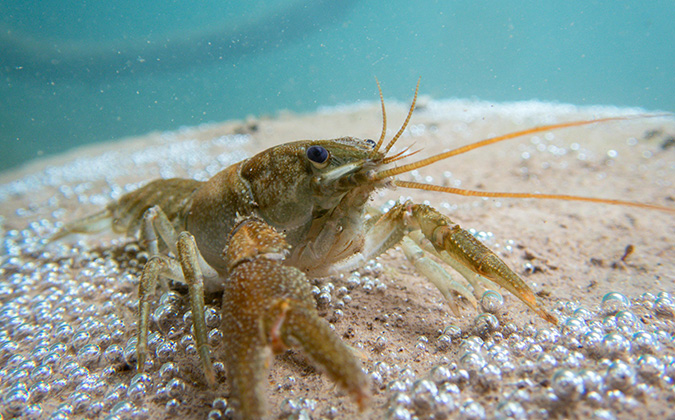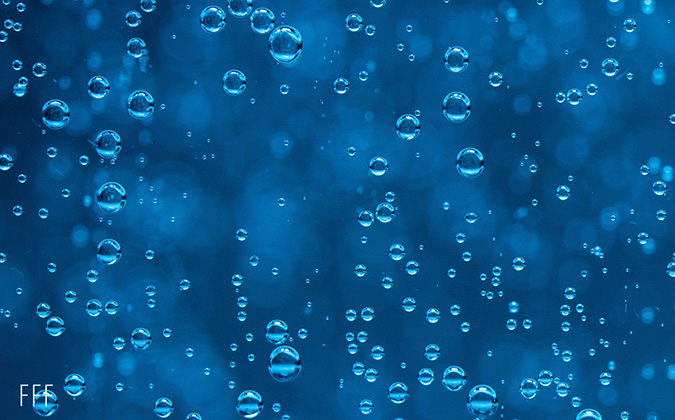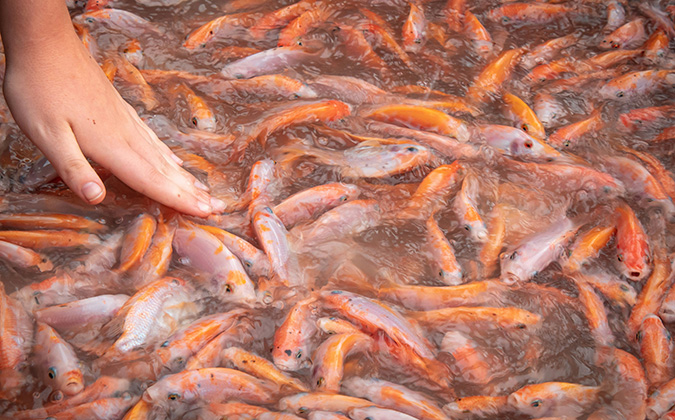
Probiotics help tilapia grow and fight disease, say scientists
Feeding Nile tilapia probiotics leads to improved health and performance, according to work analyzing research to date.
Probiotics — helpful gut bacteria — are widely used in aquaculture, due to their associations with modulating fish gut microbiomes, improving the use of nutrients and boosting immunity.
Researchers from Universiti Putra Malaysia applied statistical analysis to a total of 67 published studies on probiotic use with farmed tilapia. They found that before fish are faced with disease challenges, those fed probiotics have significantly higher weight gain and a lower feed-conversion ratio.
They also saw that when the fish are challenged with disease after being fed probiotics, survival is significantly increased. The finding is likely to be connected to the fact that across the studies, using probiotics significantly increased innate immunity. This was judged based on levels of serum lysozyme, associated with damaging cell walls of invading bacteria, as well as phagocytosis, where small particles are ingested and eliminated.
Honing probiotic application
The most common probiotics fed to tilapia in the studies were Bacillus spp., while there are three categories of probiotics in use: single-strain probiotics, multi-strain probiotics and synbiotics. The scientists noted that synbiotics — mixtures of probiotics and prebiotics, which are fibers to help the gut bacteria grow — have brought the best results to date, followed by multi-strain products.
Other researchers have produced similar findings in work using other fish such as carp and catfish, they continued, underlining the promise for fish farmers. Despite this, there are still some unknowns around the right blend of microorganisms to achieve the biggest effects.
“The results of this study suggest that the use of multi-strain probiotics and synbiotics can enhance the health and productivity of tilapia and may have greater applications in sustainable aquaculture production,” the scientists said.
“However, further research is needed to explore the optimal dose, duration and combination of probiotics and synbiotics, as well as the long-term effects on fish health and the environment.”
You can read the full study report in the journal Aquaculture International.
Posted on: May 15, 2024


